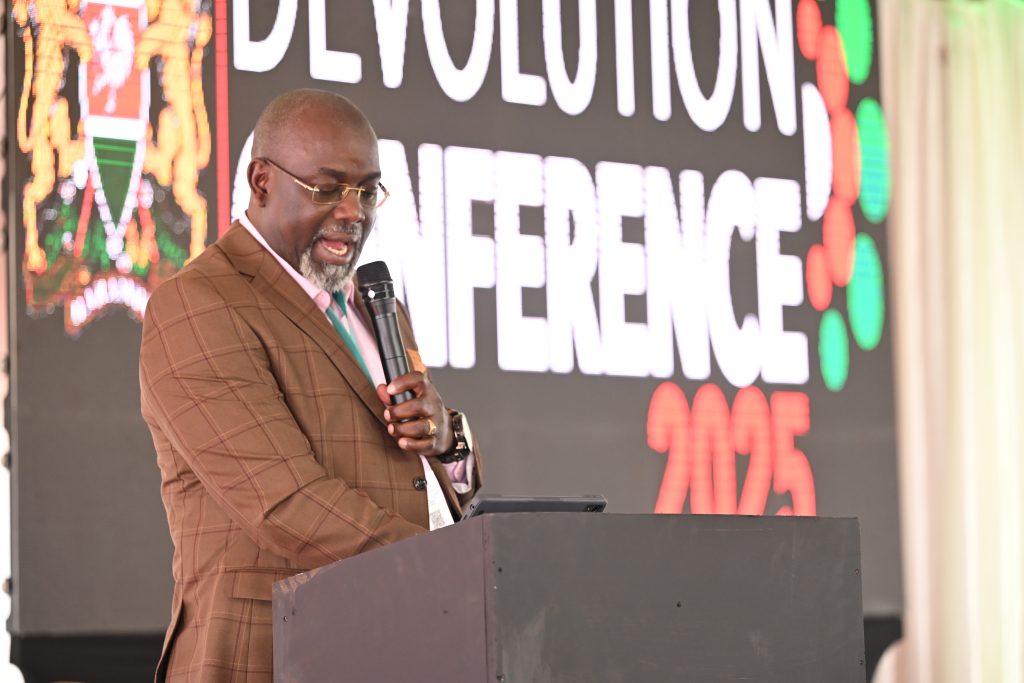
The Kenya National Chamber of Commerce and Industry (KNCCI), in partnership with the International Labour Organization (ILO), convened a high-level side event during the Devolution Conference 2025 to discuss inclusive economic growth and access to finance for MSMEs. The Chamber President, Dr. Erick Rutto, was represented by National Director Ken Onditi, who delivered remarks highlighting the persistent challenges facing Kenyan entrepreneurs in accessing affordable and sustainable financing.
Speaking at the event, Onditi noted that access to finance remains one of the biggest barriers to MSME growth in Kenya. Findings from the KNCCI Business Barometer 2025 revealed that 23.4% of enterprises struggle to secure capital, while 32.9% called for more accessible and affordable credit facilities. This mirrors global assessments, including the World Bank’s 2022 report, which found that nearly 18% of Kenyan firms identify financing as their top business obstacle.
MSME Financing Landscape: Persistent Challenges
According to the MSE Tracker Survey by the Central Bank of Kenya, KNBS, and FSD Kenya, women-owned businesses in operation dropped from 74% to 70% between October 2022 and June 2023, while rural enterprises declined from 72% to 69%. The main reasons cited were lack of working capital (46%) and reduced customer demand (24%). Alarmingly, 59% of businesses that closed had attempted to seek capital before shutting down.
Although the proportion of MSMEs with traditional bank or microfinance loans grew from 6% to 16%, collateral requirements and limited loan sizes continue to hinder access. Mobile money lending products remain a critical alternative, but often at high cost and limited scope.
Government Interventions
Ken Onditi acknowledged significant government efforts to support SMEs, including:
-
Hustler Fund, which has disbursed over KSh 72 billion to 26 million Kenyans, including SMEs.
-
Women Enterprise Fund, with cumulative loans exceeding KSh 27.8 billion to over 2 million women entrepreneurs.
-
Uwezo Fund, with disbursements of KSh 7.2 billion to over 1.1 million individuals.
-
Youth Enterprise Development Fund, which has provided KSh 14.17 billion to more than 2 million youth.
-
The Credit Guarantee Scheme, which since 2020 has enabled KSh 6.18 billion in loans to 4,078 MSMEs.
While impactful, Onditi stressed that many of these interventions remain constrained by small loan sizes, short repayment terms, and collateral requirements that limit their transformative potential.
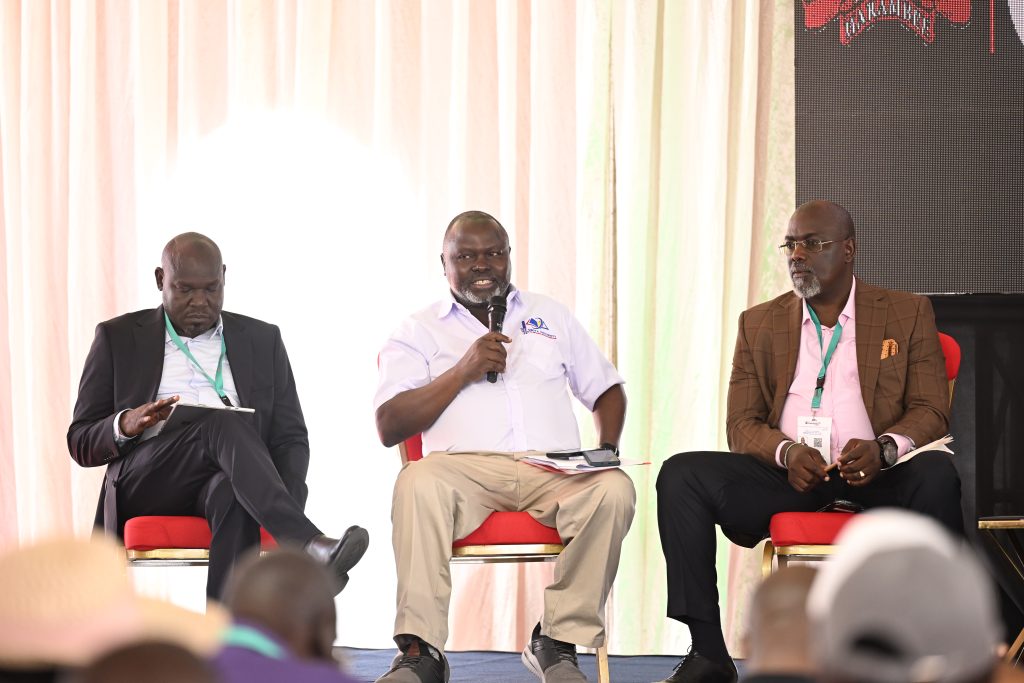
KNCCI’s Interventions: Financing Beyond Barriers
KNCCI outlined several flagship initiatives designed to complement government programs and address financing gaps:
-
Jiinue Program (with Mastercard Foundation):
-
39,788 entrepreneurs trained in financial literacy.
-
29,977 SMEs linked to financing partners.
-
Over KSh 443.6 million disbursed to date.
-
-
KNCCI–Equity Bank Partnership:
-
A KSh 200 billion facility established to support up to 3 million enterprises.
-
By June 2025, 48,000 SMEs trained and 8,500 members accessed KSh 8.7 billion in loans, with strong emphasis on women and youth.
-
-
Africa Guarantee Fund Partnership:
-
Risk-sharing to encourage banks to lend to SMEs.
-
Technical assistance and training for SMEs on financial readiness.
-
Support for digitalization, e-commerce, and sustainable business practices.
-
In addition, KNCCI is in the process of setting up a KNCCI SACCO, scaling up the KNCCI Business Academy, and strengthening county–national linkages to ensure entrepreneurs across the country can access finance and capacity-building opportunities.
In his closing remarks, Onditi emphasized the Chamber’s call to stakeholders:
-
Financial institutions to adopt collateral-free or blended financing models.
-
County governments to collaborate with KNCCI on local credit guarantee schemes.
-
Development partners to scale up financing programs that directly benefit women, youth, and rural enterprises.
“Access to finance is not merely about loans—it is about unlocking the potential of our entrepreneurs. It is about giving every Kenyan the opportunity to build, grow, and scale their business. When MSMEs thrive, Kenya’s economy thrives,” Onditi stated.
The session concluded with a strong consensus on the need for public–private partnerships, innovative financial models, and targeted interventions to strengthen Kenya’s MSME sector and drive inclusive economic growth.

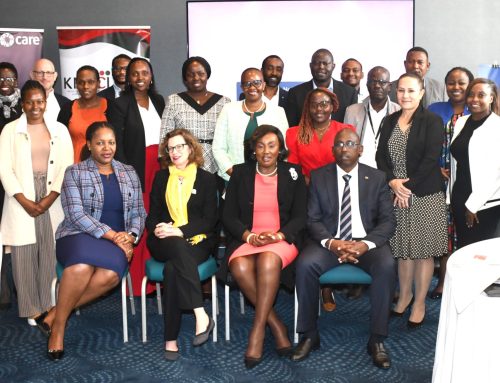
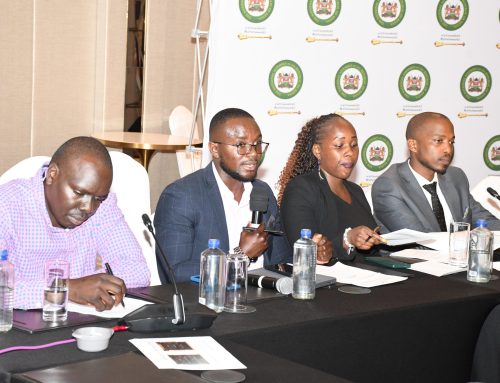
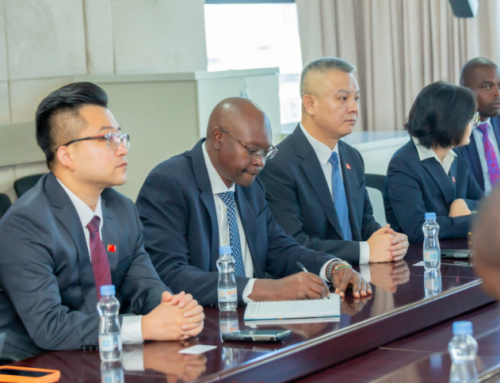
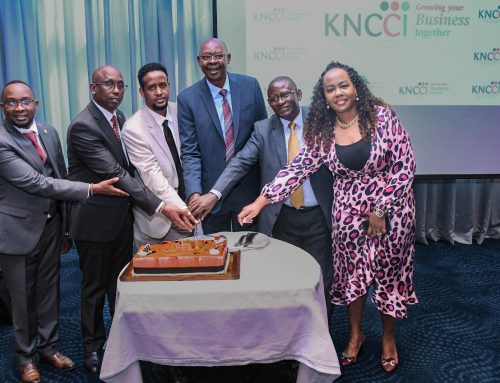
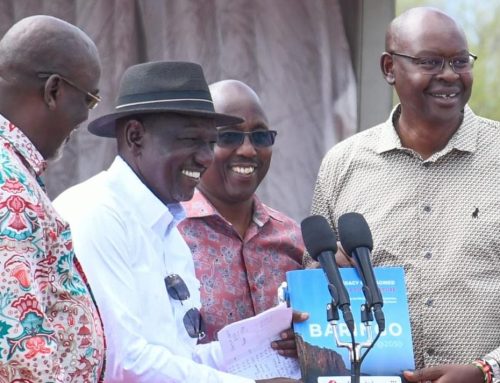
Leave A Comment